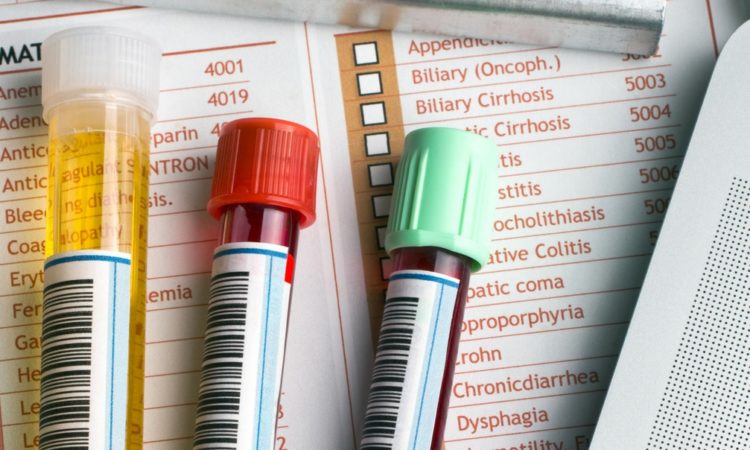Parasite control plans protect your pet against preventable infections that can be costly to treat and life threatening. Parasite control plans typically include using a combination of methods like topical creams, injection, and oral medication to safeguard your furry friend. Your pet should be taking medication regularly to ensure they’re protected against these pests.
What are the signs of a parasite infection?
Some parasite infections don’t show obvious symptoms until they’ve progressed overtime. It’s important to stay vigilant and contact our team if you suspect your pet could be infected. Signs to look out for include:
- Vomiting
- Coughing
- Scooting
- Weight loss
- Loss of appetite
- Diarrhea
How do preventive medications work?
Preventive medication protects your pet from external and intestinal parasites, as well as the infectious conditions they carry. External parasites like fleas, ticks and ear mites can cause skin issues or carry harmful illnesses, like Lyme disease, which affects your pet’s muscle tissue. Intestinal parasites like hookworms, whipworms, tapeworms and roundworms are often ingested by your pet and cause damage to your furry family member’s internal organs. Your pet can also be infected by drinking and eating contaminated soil, water, or food with parasite eggs. Heartworms, on the other hand, are transmitted through an infected mosquito bite.
Which preventive is right for my pet?
Depending on your pet’s risk of infection, our veterinary team will work with you to determine which medications are the right fit for your pet. There are a few types to choose from, including topical creams, injections and oral tablets. It’s important your pet takes their medication around the same time every month to ensure they’re fully protected against potential infections.







